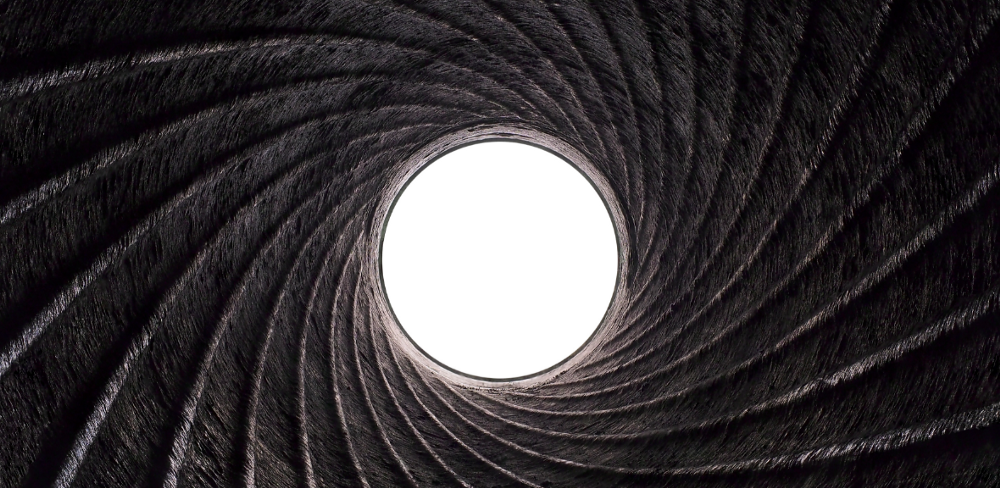From Good Business, by Mihaly Csikszentmihalyi, the author of Flow.
Another condition that makes work more flowlike is the opportunity to concentrate. In many jobs, constant interruptions build up to a state of chronic emergency and distraction.
He goes on:
Stress is not so much the product of hard work, as it is of having to switch attention to from one task to the other without having any control over the process.

This is why engineers glare at you during interruptions:
If a person who is working on a problem for hours is interrupted by a phone call, it may take another half hour afterward to get her mind back to the point where it was before the call.
And, this is why that’s not so crazy:
When person A comes by to discuss his problems, you have to re-organize your mind to see things from his point of view.
Finally, this is how a single incident can spiral into an “interruption culture”:
But when B, C, and D stop in one after the other with their issues, and each requires that you clear your mind of the previous set and refurnish it with the elements of new personalities, and their specific problems, that can take a toll on consciousness quite quickly. After a few hours, your brain feels like a quivering mass of jelly.
We need to be careful about this on fully distributed teams, too. That’s because with tools like Slack, we are actually quickly careening back toward the interruption culture of co-located offices of the 90’s and early 00’s.

One thought on “Flow and concentration”